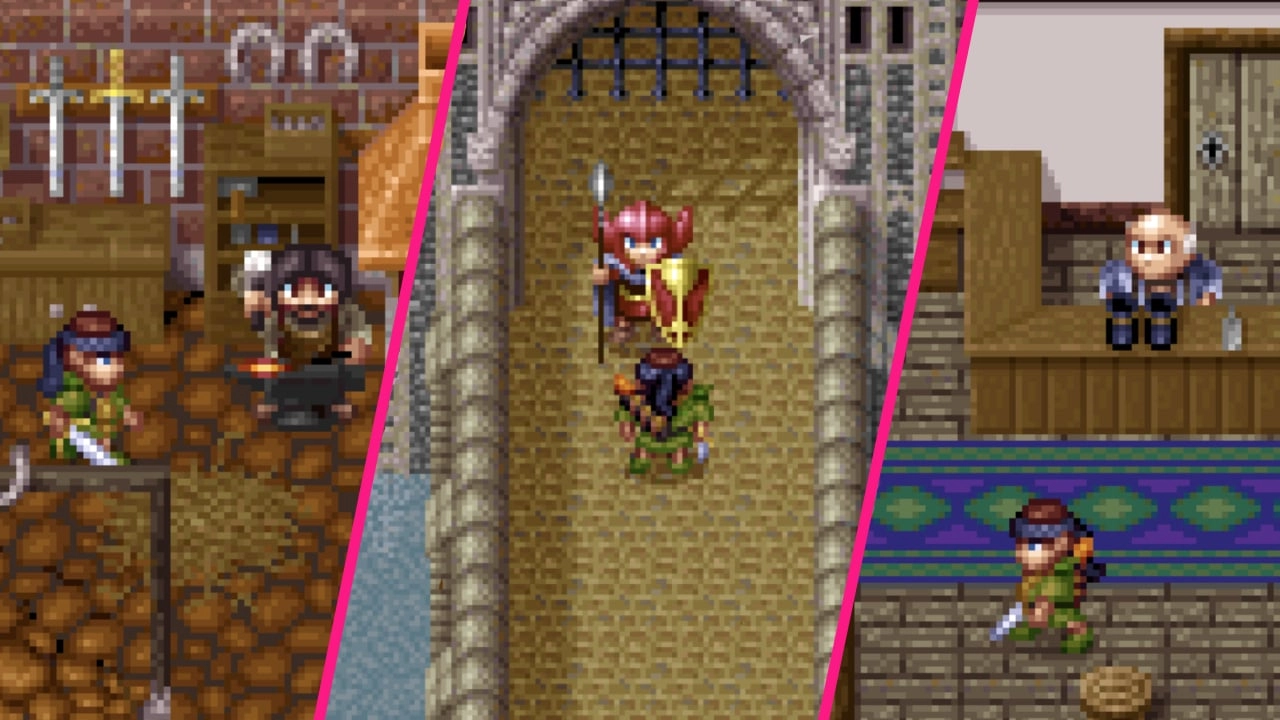
In the mid-1990s, an exciting announcement caught the attention of RPG fans and gamers alike: Team17, a developer based out of Wakefield, revealed their plans for an RPG that promised to rival the beloved Legend of Zelda series. Titled "Witchwood," the game's narrative hinged on a young hero's quest to defeat an evil witch and save the realm. Eager anticipation grew as details surfaced across gaming magazines, promising versions for PC, PlayStation 1, Sega Saturn, Atari Jaguar, and even the Amiga. However, as suddenly as the buzz started, Team17 shelved the project without citing reasons, leaving fans wondering about the game that could have been.
For years, Witchwood was a lingering mystery in the gaming community, barely recalled outside of old screenshots and articles. It was not until 2012 that a VHS trailer surfaced online, followed by a playable tech demo and an insightful video by YouTuber Perifractic in 2019. These fragments of Witchwood provided glimpses into the game's potential, though they also revealed a common misconception: Team17 was not the primary developer - it was actually a small company named Synergy Software from Fleet, Hampshire.
Not much was known about Synergy until recently, when former developers Colin Surridge and Martin Severn shed light on the company's role. They recounted how Synergy had pivoted from work-for-hire projects to creating its own titles leading up to Witchwood, inspired by their admiration for The Legend of Zelda: A Link to the Past. Their ambition was to address common frustrations found in RPGs of that era, such as unintelligent AI and repetitive NPCs. Witchwood was designed to offer smart monster behavior and decision trees that provided varied interactions - subtle improvements upon Zelda's formula.
The collaboration between Synergy and Team17 began at a convention where Team17 expressed interest and signed the promising project. However, according to Severn and Surridge, despite public claims, no work for additional platforms was initiated; it remained a PC-exclusive development. During the early stages, the game was imagined as a distinctly British take on the Zelda archetype, drawing heavily from local folklore and mythology. The story revolved around a witch, condemned to be executed by the town's narrow-minded citizenry, who seeks revenge by cursing the land. The protagonist, Pip, would navigate this twisted environment, confront the evil, and unravel the story behind the witch's vengeful resurrection.
Unlike what some may expect, the narrative was not strictly defined. Synergy had envisioned a game that would organically expand over time, focusing more on the adventure and less on a stringent plotline. With the help of a professional story writer, who was later dismissed for incongruent ideas, they tried to infuse the game with British cultural references and humor.
Yet, as development stretched into 1995, Team17's concerns over the game's progress led to a closer partnership. Synergy moved into Team17's offices, and work commenced with added Team17 manpower. Among the contributions was a soundtrack developed by musician Bjørn Lynne, featuring a blend of electronic, folk, and rock influences.
However, prioritization issues soon arose. The meteoric success of another Team17 title, Worms, diverted resources and attention away from Witchwood. The team struggled with feature creep and project management, with no clear end in sight. By the end of 1995, the project was officially canceled as Team17 redirected its focus to Worms, which would go on to sell over 75 million units.
For their part, the developers from Synergy seem to bear no ill will towards the decision. Surridge, who went on to work for Team17, and Severn, who found his place at Microprose, acknowledged the tough choices involving resources and the pragmatic shift towards a guaranteed success like Worms.
The ghost of Witchwood lingered on in the press for a time, but it was an artifact of an ambitious venture cut short. While Synergy’s developers dispersed to new ventures, the curiosity around what could have been remains a topic of fascination. It’s with thanks to the gaming community’s preservation efforts that Synergy's Witchwood can be experienced in some form on archive.org, a testament to the enduring intrigue of lost gaming potential and the passion of those invested in its legacy.
You must be logged in to post a comment!